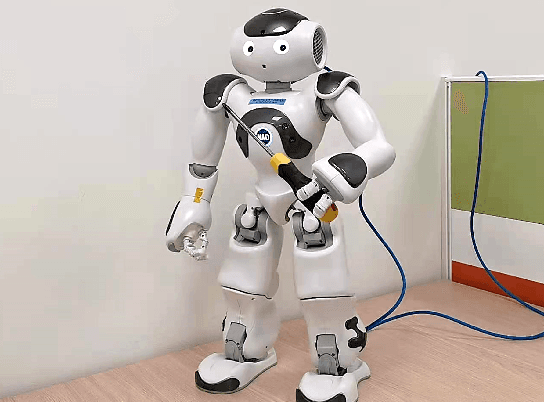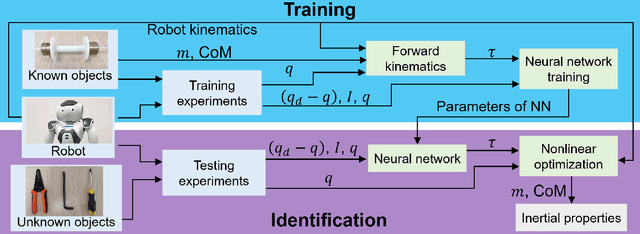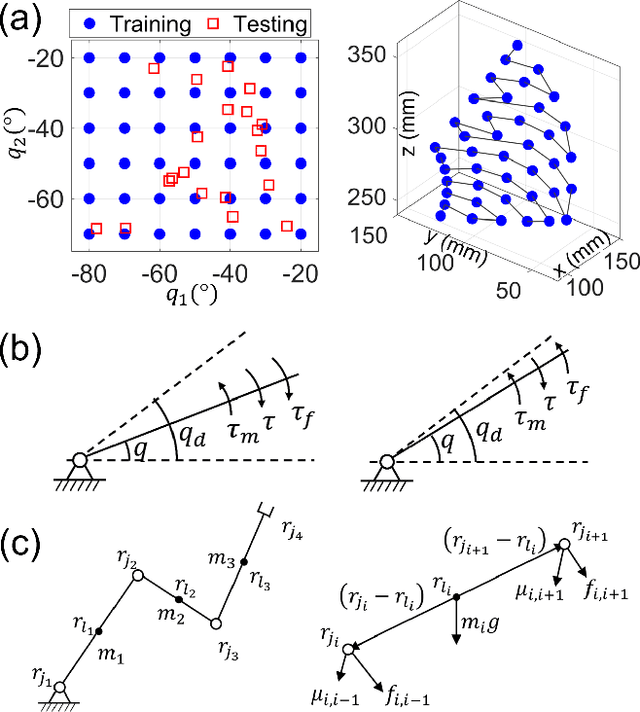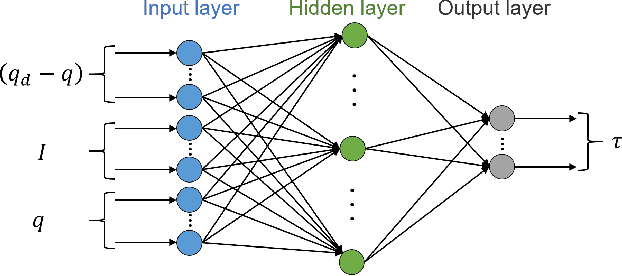How Heavy Is It? Humanoid Robot Estimating Physical Properties of Unknown Objects Without Force/Torque Sensors
Paper and Code
Apr 20, 2021



Many robots utilize commercial force/torque sensors to identify physical properties of a priori unknown objects. However, such sensors can be difficult to apply to smaller-sized robots due to their weight, size, and high-cost. In this paper, we propose a framework for smaller-sized humanoid robots to estimate the inertial properties of unknown objects without using force/torque sensors. In our framework, a neural network is designed and trained to predict joint torque outputs. The neural network's inputs are robot's joint angle, steady-state joint error, and motor current. All of these can be easily obtained from many existing smaller-sized robots. As the joint rotation direction is taken into account, the neural network can be trained with a smaller sample size, but still maintains accurate torque estimation capability. Eventually, the inertial properties of the objects are identified using a nonlinear optimization method. Our proposed framework has been demonstrated on a NAO humanoid robot.
 Add to Chrome
Add to Chrome Add to Firefox
Add to Firefox Add to Edge
Add to Edge